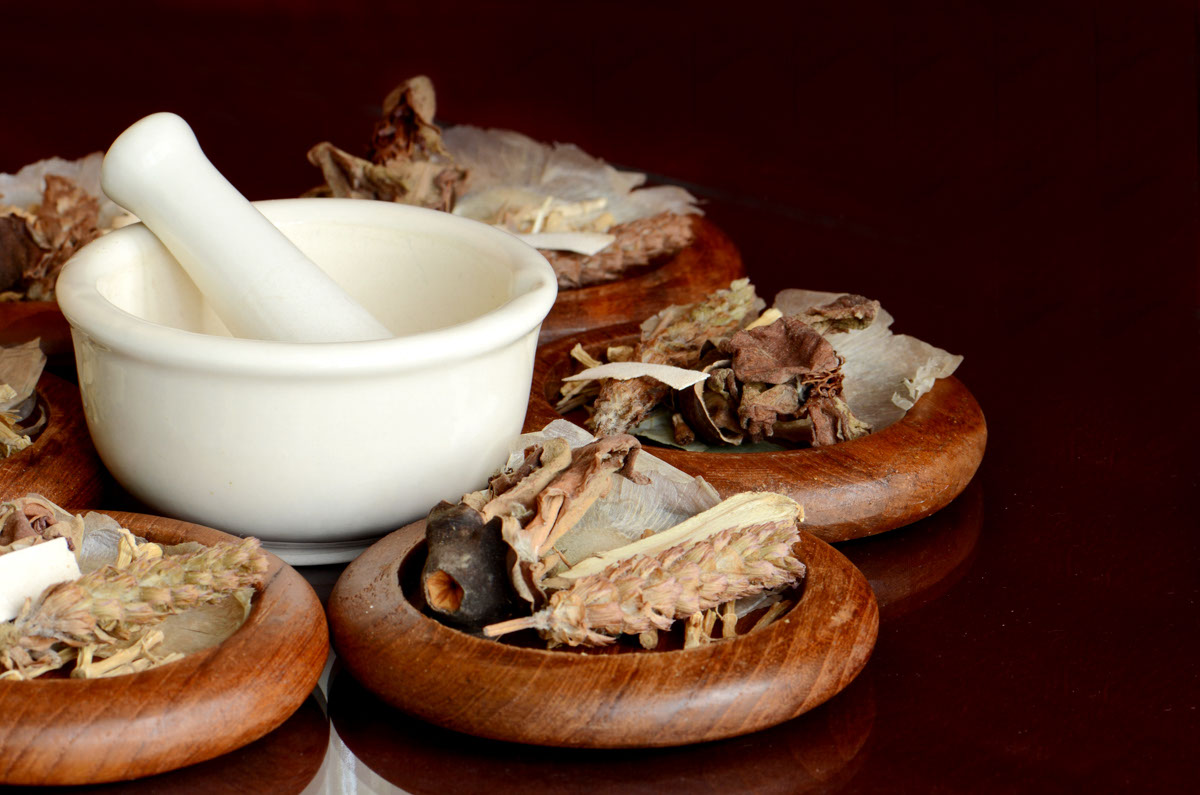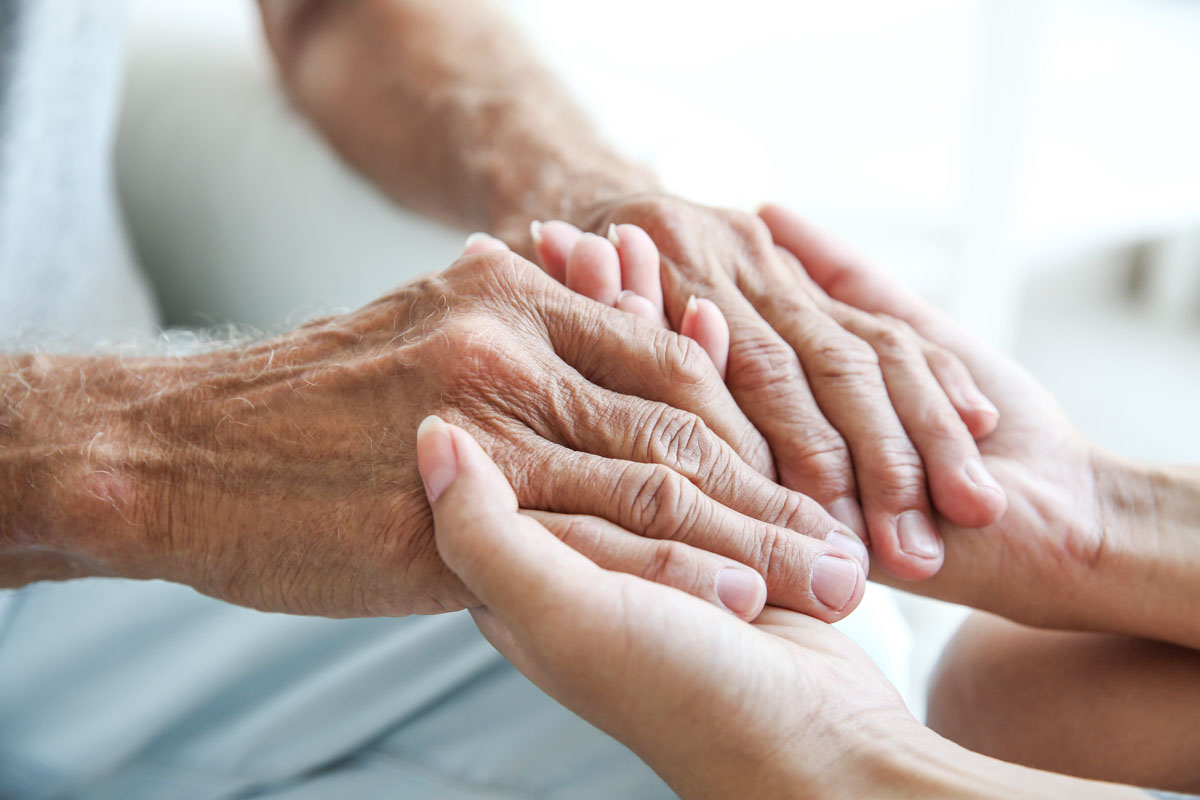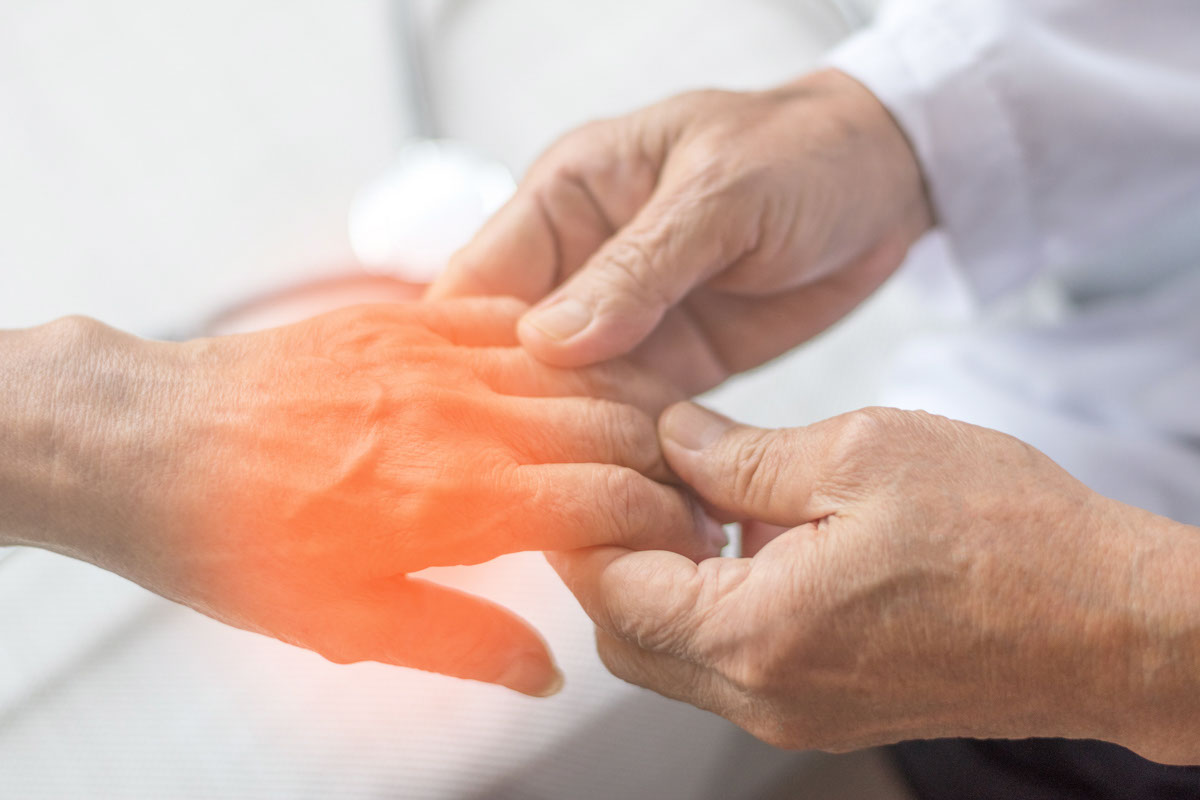The Role of Traditional Chinese Medicine in Cancer Treatment
Professor Liu Yulong
Clinical Professor of Chinese Medicine, School of Chinese Medicine, Hong Kong Baptist University
Information Compilation : Ms. Bernadette Cook, Ms Rita Liaw; Ms Kitty Au Yeung
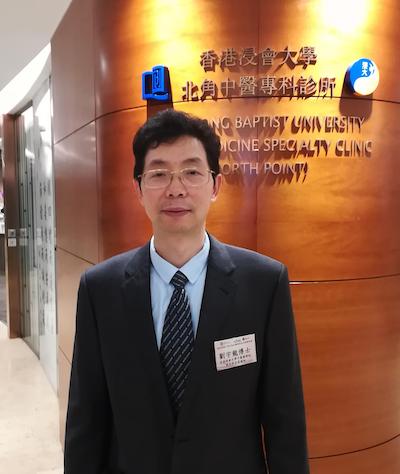
Introduction: In this very detailed article, Professor Liu Yulong explains the role of Traditional Chinese medicine in cancer treatment from various perspectives.
Part One: Introduction
Part Two: The Role of Traditional Chinese Medicine in Cancer Treatment
Part Three: How Traditional Chinese Medicine Can Alleviate the Discomfort of Cancer Patients and the Side Effects of Western Medicine Treatment
Part Four: How Traditional Chinese Medicine Can Regulate/Strengthen the Body to Reduce the Chance of "Recurrence"/"Metastasis" - Strengthening the Body and Eliminating Toxins
Part Five: "Pure" Traditional Chinese Medicine Treatment for Patients Who Are Too Old and Weak to Withstand or Do Not Want to Undergo Western Medicine Treatment
Part Six: Physical Properties of Chinese Medicine and What to Know About Processing/Taking It
Part Seven: How the Combination of Traditional Chinese Medicine and Western Medicine Can Bring the Greatest Benefits
Part One: Introduction
Hong Kong is a Chinese society, and many patients, after learning that they have cancer, want to try Chinese medicine in addition to Western medicine treatment. But they are also worried about conflicts between the two. This chapter aims to explain how Chinese medicine treats cancer and how it can be combined with Western medicine treatment.
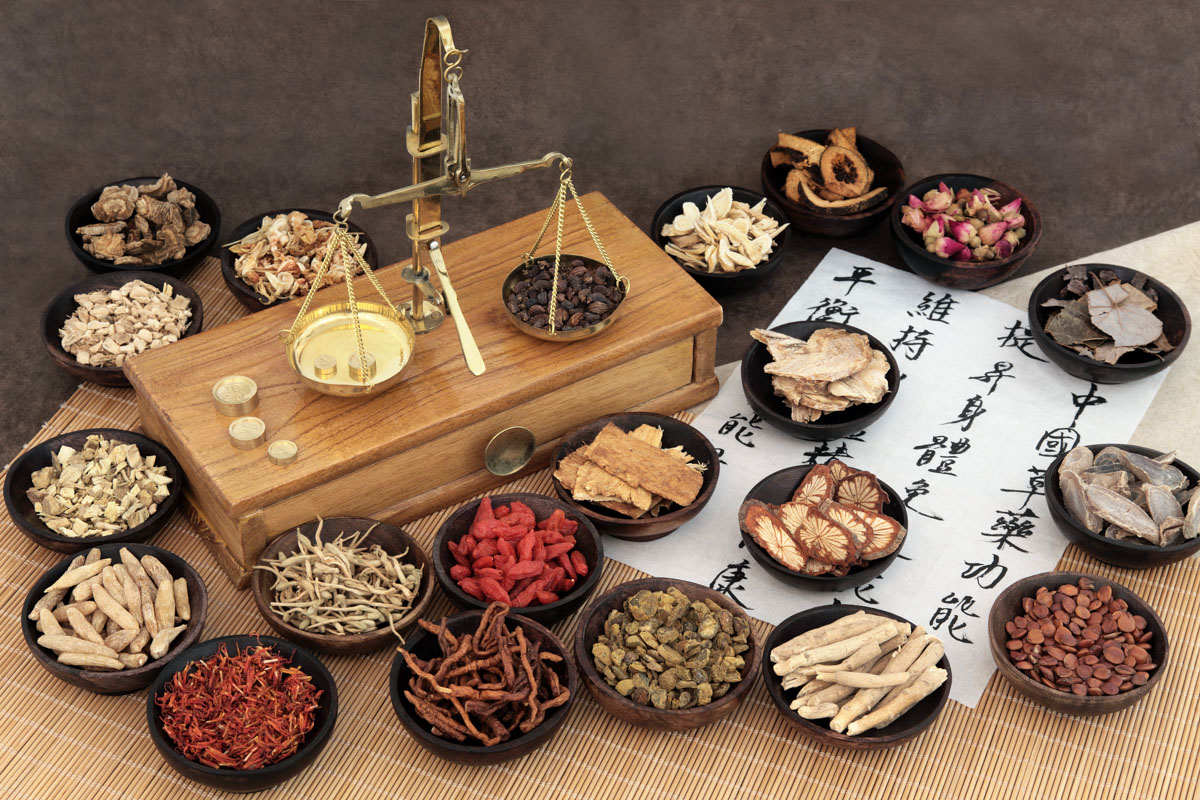
Part Two: The Role of Traditional Chinese Medicine in Cancer Treatment
Traditional Chinese medicine has played an active role in the treatment of malignant tumors, mainly in the following three aspects:
- Alleviating the discomfort of cancer patients and the side effects of Western medical treatment;
- Regulation, strengthening the body to reduce the chance of "relapse"/"metastasis"; and
- "Pure" treatment for patients who cannot/will not undergo Western medical treatment due to old age or weakness.
The following will be explained one by one.
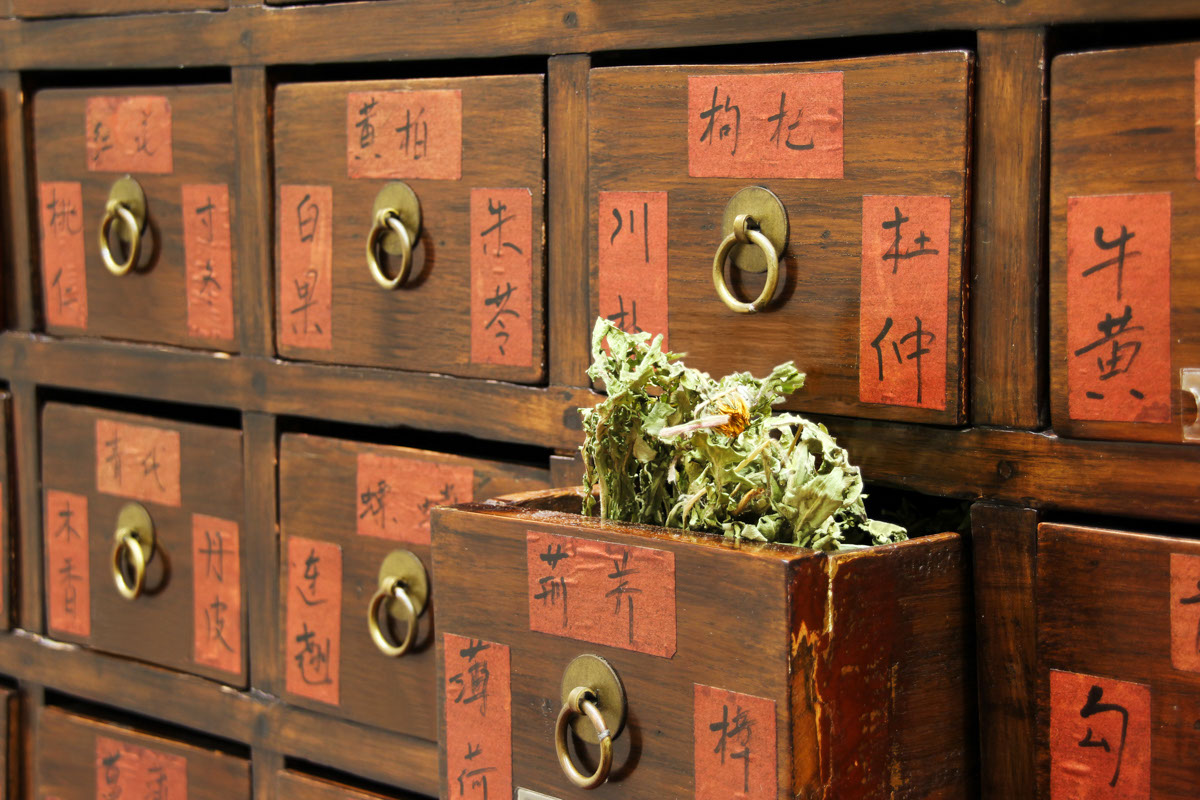
Part Three: How Traditional Chinese Medicine Treatment Can Alleviate the Discomfort and Side Effects of Western Medical Treatment for Cancer Patients
Traditional Chinese medicine has a role to play in the treatment of cancer patients at all stages, sometimes assisting Western medical surgery, radiotherapy, chemotherapy, targeted therapy and immunotherapy, and reducing toxicity and enhancing efficacy.
(I) In conjunction with surgery
For early and some mid-stage cancer patients, surgical removal of tumor lesions can quickly reduce the tumor load, but surgery has side effects such as trauma, bleeding, easy consumption of qi and blood, and damage to organs and meridians.
Postoperative treatment with traditional Chinese medicine can reduce or eliminate various post operative discomfort and speed up recovery.
Example one: Lung cancer
For example, after lung cancer surgery, patients have cough, chest pain, asthma, fatigue, etc., which belong to lung and spleen deficiency. Traditional Chinese medicine can nourish the lung and spleen, relieve chest pain, and help relieve the above discomfort and promote the body to recover as soon as possible.
Example two: Gastric cancer
For example, after gastrointestinal surgery, there are abdominal distension, poor appetite, abdominal pain, constipation or diarrhea. The patients can take medicine to invigorate the spleen and stomach, and relieve qi and dampness. After 2-4 weeks of traditional Chinese medicine conditioning after surgery, the patient's spleen and stomach digestive function will be restored, physical strength will be enhanced, and most of the discomfort caused by surgery will be relieved. This will create favourable conditions for chemotherapy or radiotherapy after surgery.
(II) Combined with radiotherapy
The degree of toxic side effects caused by radiotherapy is related to the irradiation site, irradiation area, each irradiation dose and total dose. Traditional Chinese medicine believes that radiation is a kind of "fire and heat poison"(火熱毒邪), which will consume qi and injure yin, and damage the spleen, stomach, liver, kidney, etc.
According to different radiotherapy sites, different radiation reactions are caused, and there will be treatment methods and medicines of traditional Chinese medicine:
Example one: Brain affected by radiotherapy
Brain tumor radiotherapy may cause brain tissue congestion, edema, headache, dizziness, vomiting, etc. Traditional Chinese medicine treats these by nourishing the kidney and liver, promoting blood circulation and diuresis.
Commonly used Chinese medicines: wolfberry, rehmannia, chuanxiong, chuan niuxi, polyporus, uncaria, lithospermum, etc. (常用中藥:枸杞子、熟地、川芎、川牛膝、豬苓、鉤藤、石決明等。)
Example two: Nasopharynx and throat (nasopharyngeal cancer, laryngeal cancer, oral cancer)
After radiotherapy, there will be congestion, edema, and erosion of the oral and nasal mucosa, and pain and dry mouth in the pharynx or nasopharynx. These are treated with heat-clearing, yin-nourishing, fluid-producing and dryness-relieving Chinese medicine.
Commonly used Chinese medicines: trichosanthes powder, sand ginseng, ophiopogon, reed root, raw licorice, etc. Recommended diet: 10 grams of honeysuckle, 10 grams of dendrobium, 1 sliced pear, decoction of 300 ml of water, drink a small amount but frequently, instead of tea.(常用中藥:天花粉、沙參、麥冬、蘆根、生甘草等。推薦食療方:金銀花10克,石斛10克,雪梨1個切片,煎水300毫升,少量頻服,代茶飲。)
Example three: Chest (lung cancer, some postoperative radiotherapy for breast cancer)
After radiotherapy, there may be radiation pneumonia and radiation dermatitis on the chest wall. The main symptoms are chest tightness, shortness of breath, dry cough, fatigue, and redness and swelling of the skin at the radiation site on the chest wall. The treatment is to nourish the yin and moisten the lungs.
Commonly used Chinese medicines: Trichosanthes kirilowii, Adenophora tetraphylla, Ophiopogon japonicus, Almond, Lily, etc.(常用中藥:天花粉、沙參、麥冬、杏仁、百合等。)
Example four: Esophageal cancer
Radiation esophagitis caused by radiotherapy, manifested as difficulty swallowing, pain behind the sternum during eating. The treatment is to clear heat and detoxify, relieve chest tightness and smooth qi.
Commonly used Chinese medicines: Trichosanthes kirilowii, Dandelion, Nelumbo nucifera stem, Dendrobium, Adenophora tetraphylla, Panax notoginseng, etc.(常用中藥:天花粉、蒲公英、荷葉梗、石斛、沙參、三七等。)
Example five: Upper abdomen
After radiotherapy, there are often loss of appetite, vomiting, etc., to strengthen the spleen and stomach, and to reduce nausea and vomiting.
Commonly used Chinese medicines: Atractylodes macrocephala, Poria cocos, Amomum villosum, Tangerine peel, Phyllostachys nigra, etc.(常用中藥:白朮、茯苓、砂仁、陳皮、竹茹等治療。)
Example six: Lower abdomen (colon, rectal cancer)
After radiotherapy, there are often abdominal pain, diarrhea, urgency after defecation or bloody stools. The treatment is to clear heat and dampness, cool blood and stop bleeding, and cause astringent intestines to stop diarrhea.
Commonly used Chinese medicines: Sanguisorba officinalis, Sophora japonica, Amaranthus mangostanus, Patrinia scabiosaefolia, Red bean, etc.(常用中藥:地榆、槐花、馬齒莧、敗醬草、赤小豆等。)
Example seven: Pelvic (cervical cancer, prostate cancer)
After radiotherapy, urinary tract inflammation will occur. Symptoms include frequent urination, urgency, and pain. It is necessary to clear heat and detoxify, diuretic and dredge the collaterals, and cool blood to stop bleeding.
Commonly used Chinese medicines: Bidens pilosa, Rehmannia glutinosa, Imperata cylindrica root, Qu mai, Scirpus yagara, etc.(常用中藥:小薊、生地、白茅根、瞿麥、萹蓄等。)
Recommended diet therapy: 15 grams of Imperata cylindrica root, 10 grams of red beans, 10 grams of Pueraria lobata, 15 grams of cooked Coix seed, boil soup for drinking, once a day.(推薦食療方:白茅根15克,赤小豆10克,粉葛10克,熟薏苡仁15克,煲湯飲用,每日一次。)
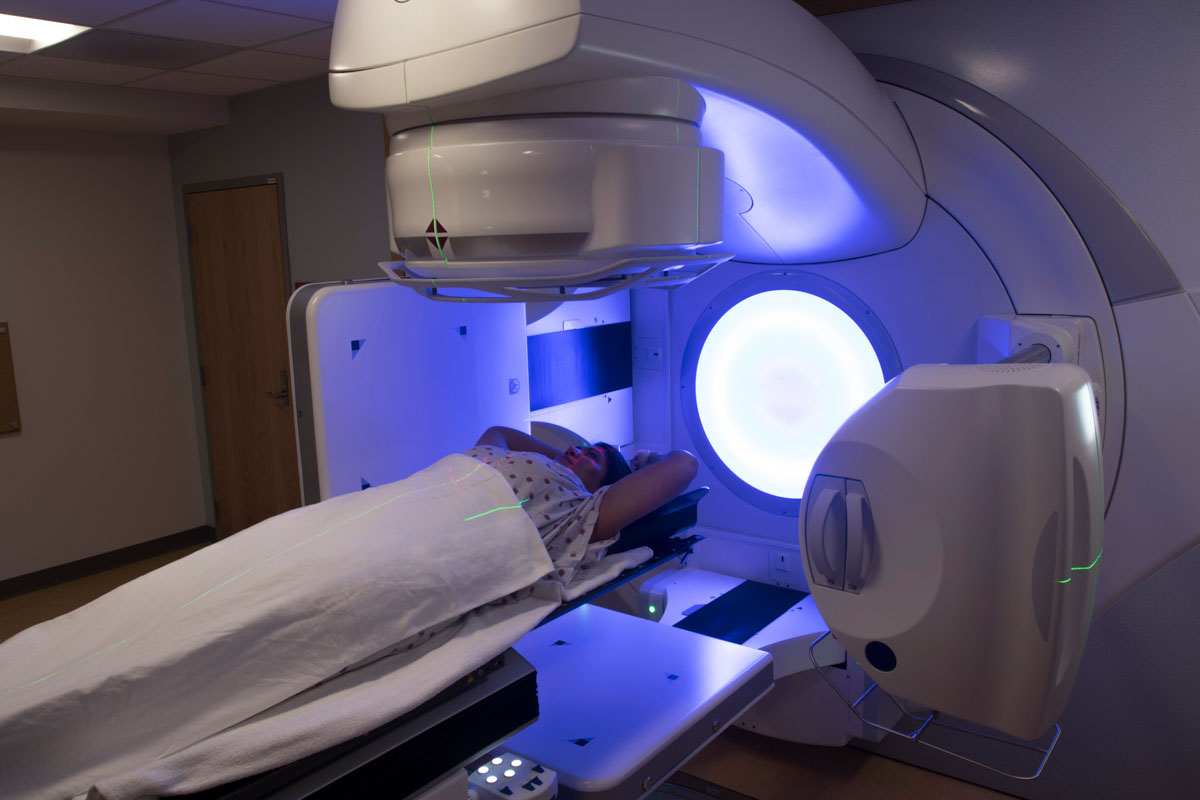
(III) Combined with chemotherapy
In cancer treatment, while chemical drugs inhibit or kill cancer cells, they also cause damage to normal human tissues and organs, leading to toxic side effects on the hematopoietic system, digestive system, nervous system, etc. Through the differentiation of symptoms and signs in traditional Chinese medicine, it can improve the body's immune function and prevent and treat the toxic side effects of chemotherapy.
The specific treatment methods for the toxic side effects of chemotherapy in traditional Chinese medicine are as follows:
Example one: Systemic reaction to chemotherapy
After chemotherapy, there are often symptoms such as fatigue, dizziness, fatigue, and disorders of bowel movements. The treatment is to nourish qi and blood, and nourish the liver and kidney.
Commonly used Chinese medicines such as: Codonopsis pilosula, Astragalus membranaceus, Spatholobus suberectus, Lycium barbarum, etc. (常用中藥如:黨參、黃耆、雞血藤、枸杞子等。)
Example two: Digestive tract side effects
After chemotherapy, patients often have reduced appetite, nausea, vomiting, abdominal pain, diarrhea, constipation, etc. Traditional Chinese medicine treats these with the method of strengthening the spleen and stomach, and reducing nausea and vomiting.
Commonly used medicines such as: Atractylodes macrocephala (with the effect of invigorating the spleen and qi, drying dampness and diuresis), Poria cocos, Amomum villosum, Tangerine peel, Phyllostachys nigra, etc.(常用藥如:白朮(補脾益氣、燥濕利水作用)、茯苓、砂仁、陳皮、竹茹等。)
Recommended dietary therapy: 5 grams of tangerine peel, 5 grams of amomum (shelled), 5 jujubes, 15 grams of yam, 100 grams of rice, a small amount of shredded ginger, cook into porridge for consumption.(推薦食療方:陳皮5克,砂仁5克(去殼),大棗5枚,山藥15克,大米100克,生薑絲少量,煲粥食用。)
Example three: Bone marrow suppression
Most chemotherapy drugs cause varying degrees of bone marrow suppression.
-Red blood cell reduction
• Mostly due to deficiency of Qi and blood, Chinese medicine that nourishes Qi and blood should be used. Commonly used medicines include: ginseng, donkey-hide gelatin, rehmannia, etc.(常用藥如:人參、阿膠、熟地等。)
-White blood cell reduction
• Mostly treated with Qi-tonifying, spleen-strengthening, liver and kidney-nourishing Chinese medicine. Commonly used medicines include: Codonopsis, Astragalus, Spatholobus, Ligustrum, etc.(常用藥如:黨參、黃耆、雞血藤、女貞子等。)
-Platelet reduction
• Qi-tonifying, blood-securing, blood-cooling, and hemostatic conditioning should be given. Commonly used medicines include: ginseng, notoginseng, rehmannia, peanut skin, etc. Donkey-hide gelatin nourishes blood and stops bleeding, nourishes yin and moistens dryness.(常用藥如:人參、三七、生地、花生衣等。阿膠補血止血、滋陰潤燥)
Example four: Liver damage
Some chemotherapy drugs damage liver function. Patients show discomfort in the liver area, jaundice, etc. Traditional Chinese medicine treats it by soothing the liver, clearing heat, and benefiting dampness.
Commonly used medicines include: Yinchen, Xihuangcao, Chupengcao, etc.(常用藥如:茵陳、溪黃草、垂盆草等。)
Example five: Hair loss
Chinese medicine uses blood-nourishing, hair-growing, kidney-nourishing, yin-nourishing, blood-cooling, and blood-activating treatments for hair loss.
Commonly used medicines include: Rehmannia, Heshouwu, Ligustrum, etc.(常用藥如:熟地、何首鳥、女貞子等。)
Example six: Urinary system toxicity
Chemotherapy brings toxic side effects to the urinary system, manifested as frequent urination, urgency, pain, etc. Chinese medicine treats it with diuretic dampness, cooling blood, and stopping bleeding.
Commonly used medicines include: Plantago, Bai Mao Gen, Dan Zhu Ye, etc.(常用藥如:車前草、白茅根、淡竹葉等。)
Example seven: Neurotoxicity
Some chemical drugs cause peripheral nerve damage, resulting in numbness of the fingertips, decreased Achilles reflex, etc. The principle of Chinese medicine treatment is to expel wind, activate blood, unblock meridians, and activate collaterals, etc.
Commonly used medicines include: Lulutong, Spatholobus, Mulberry branch, Niu Xi, etc.(常用藥如:路路通、雞血藤、桑枝、牛膝等。)
Recommended external wash prescription: 20 grams of Spatholobus, 8 grams of safflower, 10 grams of mugwort, add 2500 ml of water, decoct to 1000 ml of medicine water, use warm water, soak hands and feet for 20 minutes. Once a day.(推薦外洗方:雞血藤20克,紅花8克,艾葉10克,加水2500毫升,煎藥水1000毫升,以溫水,浸泡手腳20分鐘。每日1次。)
Can patients take Chinese medicine while undergoing chemotherapy and radiotherapy?
In Hong Kong, most oncologists do not advocate taking Chinese medicine during chemotherapy. They start from the perspective of being responsible for patients, worrying about whether taking Chinese medicine during chemotherapy will increase the toxic side effects of chemotherapy, affect the successful completion of the chemotherapy course, or worry about whether Chinese medicine will reduce the effect of chemotherapy. Therefore, often both patients and oncologists agree that Chinese medicine should be taken after the completion of the chemotherapy course to consolidate the effect.
The concurrent use of traditional Chinese medicine and chemotherapy drugs is more common in mainland China. The aim is to enhance the efficacy of chemotherapy and reduce its toxic side effects with traditional Chinese medicine. There is increasing evidence that traditional Chinese medicine has a good effect on the gastrointestinal reactions caused by chemotherapy, and satisfactory effects on anemia, leukopenia, and thrombocytopenia caused by chemotherapy. However, more research evidence is needed to support the enhancing effect of traditional Chinese medicine on chemotherapy.
Theoretically, if traditional Chinese medicine is not used properly, such as using too many tumor-attacking traditional Chinese medicines during chemotherapy, it may increase the possibility of toxic side effects of chemotherapy, and even improper medication may reduce the efficacy of chemotherapy. Therefore, to achieve the effect of traditional Chinese medicine on enhancing the efficacy of chemotherapy and reducing toxicity, it needs to be carried out by a Chinese medicine practitioner who is familiar with chemotherapy and understands the properties of traditional Chinese medicine.
If patients are unsure whether they can take traditional Chinese medicine during chemotherapy, they should onsult a tumor specialist and a Chinese medicine practitioner.
In addition to traditional Chinese medicine, acupuncture can also effectively alleviate the gastrointestinal side effects caused by chemotherapy during chemotherapy, and acupuncture treatment is also widely accepted in Western medicine.
(IV) Combined with targeted therapy
Some side effects brought about by targeted therapy can also be alleviated by traditional Chinese medicine:
- Blood heat and fire poison (血熱火毒) (rash) - can clear heat, cool blood and detoxify;
- Blood stasis(血瘀) (vascular embolism) - can promote qi and activate blood; and
- Drug resistance (抗藥性)(ineffective) - can nourish yin, cool blood and disperse knots.
However, caution should be exercised in using blood-breaking and stasis-resolving drugs, and traditional Chinese medicine should be stopped during the injection/intake of drugs, or Western medicine should be separated by more than two hours. Patients should consult a Chinese medicine practitioner about their unique situation.
(V) Combined with immunotherapy
In terms of immunotherapy, traditional Chinese medicine can help to some extent to "reduce toxicity".
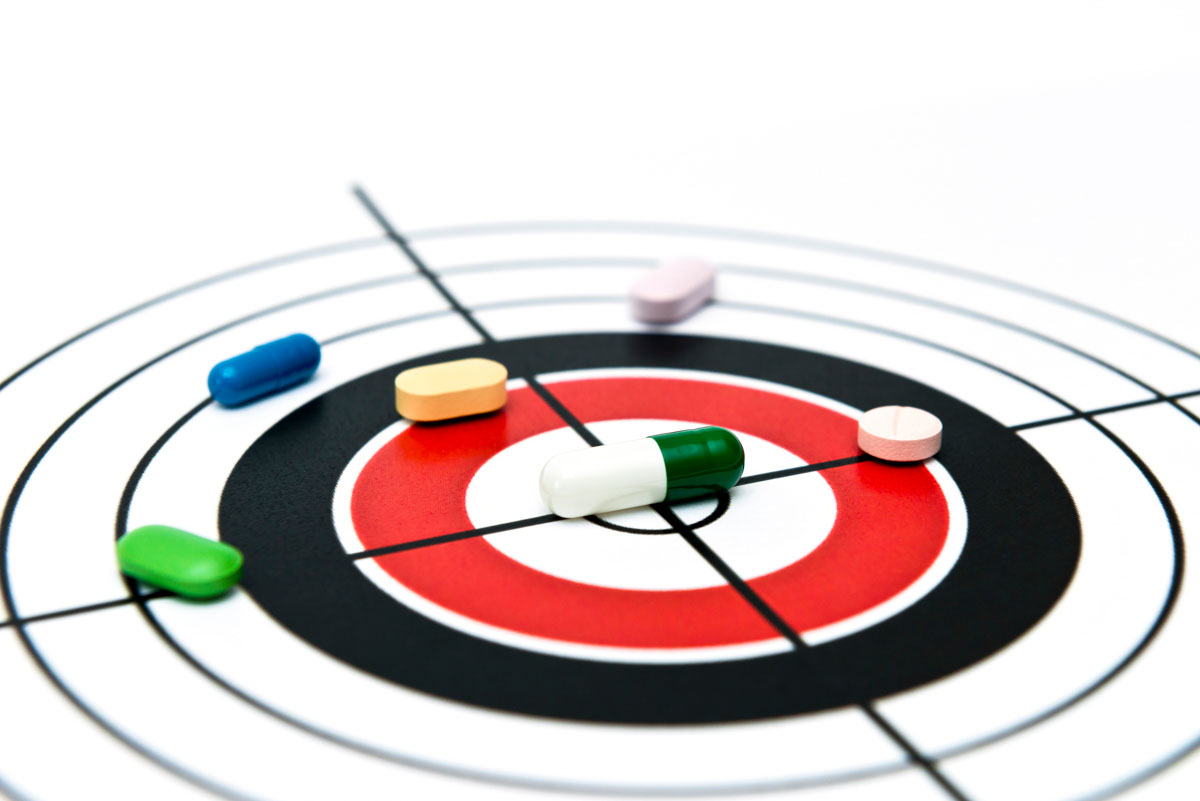
Part Four: How Traditional Chinese Medicine Regulates/Strengthens the Body to Reduce the Chance of "Recurrence"/"Metastasis" - Strengthening the Body and Eliminating Evil
(I) How Traditional Chinese Medicine Defines Recurrence and Metastasis
After cancer surgery, radiotherapy, chemotherapy and traditional Chinese medicine treatment, the residual cancer cells in the tumor locally form new lesions at the original site under suitable growth conditions, which is called "recurrence". The residual cancer cells spread to other parts through the blood and lymphatic system to form new tumors of the same type, which is "metastasis".
(II) Possible Factors of "Recurrence" and "Metastasis"
There are many factors that affect the recurrence and metastasis of cancer, but the basic element is the existence of residual cancer cells, which are referred to as "latent evil" (伏邪) and "residual poison" (餘毒) in traditional Chinese medicine.
Next, the patient is affected by various factors such as:
・Injury from emotional distress;
・Overwork including mental and physical labor; and
・Overly aggressive treatment.
All of the above can further exacerbate the deficiency of vital energy, leading to a decrease in immune function, and the inability to effectively clear residual cancer toxins in the body, resulting in recurrence and metastasis.
(III) Methods to reduce the chance of cancer recurrence - strengthening the body and eliminating toxins
Preventing recurrence and metastasis requires two approaches: strengthening the body and eliminating toxins.
Traditional Chinese medicine practitioners will analyze each patient's situation, distinguish:
・Early or late stage of the disease;
・Pathological type;
・Detailed differentiation of deficiency and excess, urgency and non-urgency;
・Body constitution type;
・Balancing strengthening the body and eliminating toxins, treating the root cause and the symptoms; and
・The relationship between traditional Chinese medicine and Western medicine;
And then formulate appropriate treatment measures.
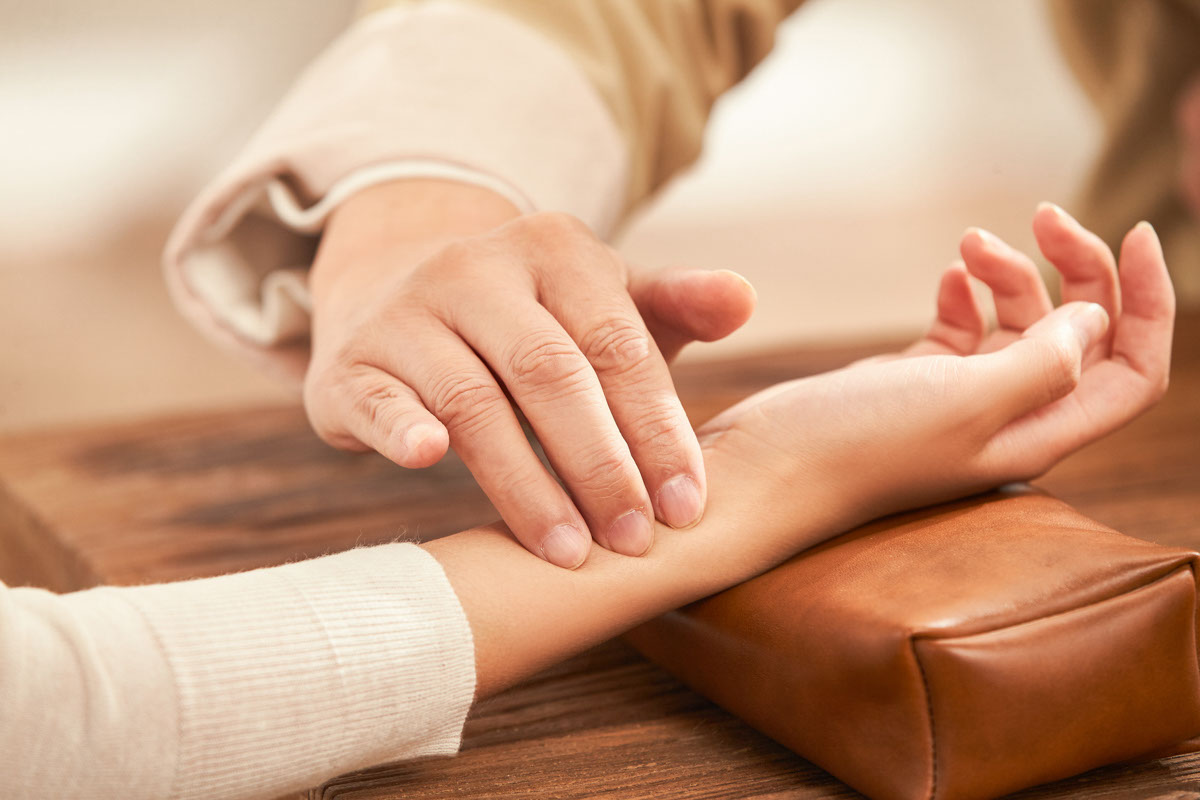
Strengthening the body
This means as much as possible:
- Regulate the patient's constitution;
- Enhance vitality;
- Improve immunity, enhance disease resistance;
- Thus reducing the chance of recurrence and metastasis.
Three adjustments
Strengthening the body and regulating the constitution focuses on "three adjustments":
1/Adjust the heart(調心):
That is, adjust psychological conditions or emotions.
Traditional Chinese medicine says "The heart is the official of the monarch, and the spirit comes from it"(心者,君主之官,神明出焉), "If the master is not clear, then the twelve officials are in danger"(主不明,則十二官危), which emphasizes the importance of mental will and emotions to human physiology and pathology. The purpose of "adjusting the heart" for tumor patients is to eliminate fear and anxiety, eliminate pessimistic and depressive emotions, and actively face and cooperate with tumor diagnosis, treatment and recovery.
Some Qigong or Tai Chi can help relax and calm the body and mind.
2/Adjust the body(調體):
That is, adjust the constitution of the body, which requires traditional Chinese medicine to use Chinese medicine to adjust according to different body types.
Internal medicine soup regulates yin and yang organs, the kidney is the root of congenital and we need to slowly replenish vitality and kidney qi. Acupuncture balances organ meridians qi and blood, so as to enhance immune function and disease resistance.
3/Adjust the stomach(調胃):
The focus is on dietary therapy and diet restrictions.
The spleen and stomach are the basis of acquired, "if there is stomach qi, then there is life"(有胃氣則生), that is, if there is stomach qi, there is vitality, and if there is stomach qi, normal metabolism can be maintained. This is because the digestion of the spleen and stomach is the source of human energy and power.
Adjusting the stomach is mainly about dietary conditioning. Medicine and food come from the same source. According to different body types, choose "both medicine and food" ingredients. After careful preparation, the medicinal diet can enhance the patient's appetite.
In addition, it is important to pay attention to the patient's bowel movements: to manage constipation and diarrhea. Only when the diet and bowel movements are normal can the patient obtain nutritional energy, providing a material basis for fighting tumors. Imagine if a patient's diet is extremely poor and nutrition is severely inadequate, how can he recover from cancer?
Do products claiming to prevent cancer on the market have any efficacy? Do they have any adverse effects on the body?
Most of the products claiming to prevent cancer on the market are derived from natural plants or animal extracts, and their anti-cancer and cancer prevention effects still need to be confirmed by research.
Since the causes of cancer are extremely complex, it is unwise to expect to prevent cancer by simply taking these products. On the contrary, a healthy lifestyle, balanced diet, moderate exercise, and regular physical examinations are active cancer prevention measures.
From the perspective of traditional Chinese medicine, these plants have their own characteristics, some are cold, and some are hot. Even if you choose to take them, you need to pay attention to whether the product matches your physique. For example, red ginseng is more hot in nature, for people whose constitution is already hot, eating ginseng may cause the person to have sores or get annoyed easily. Green tea is colder in nature, and people with a cold constitution drinking green tea may have diarrhea.
If necessary, a person should consult a Chinese medicine practitioner or nutritionist.
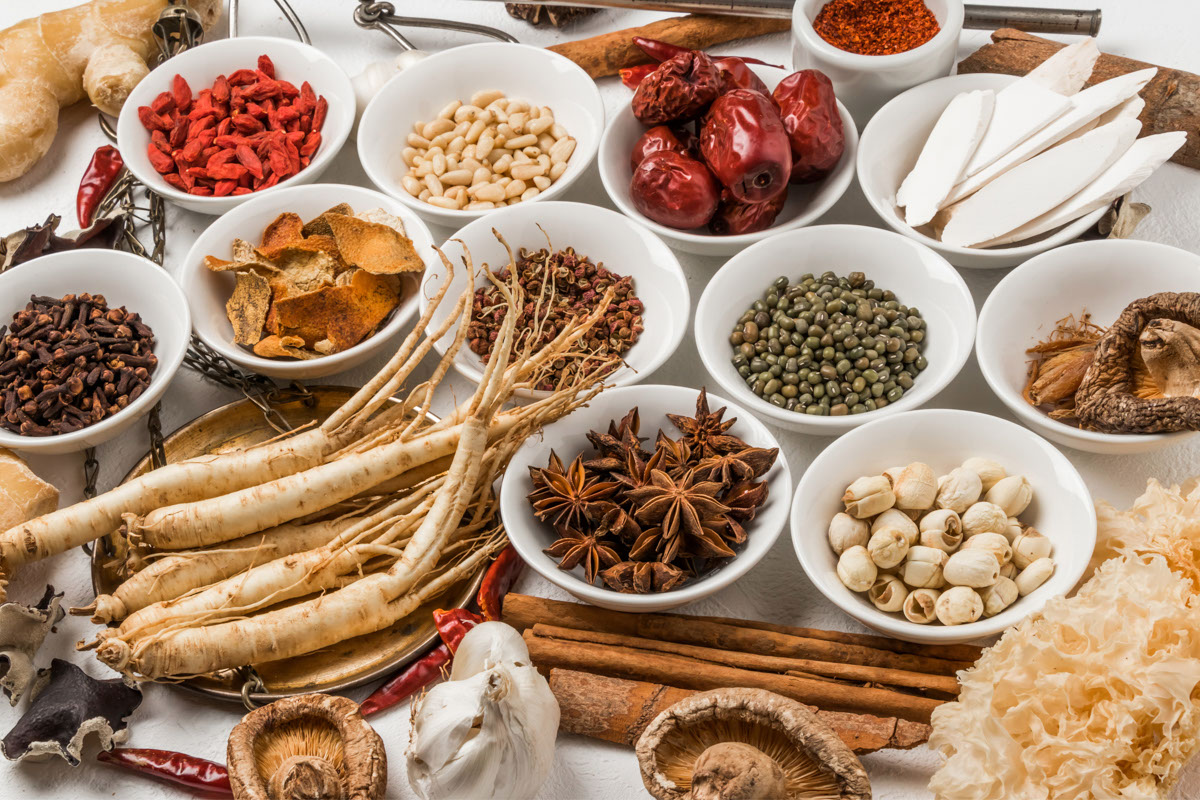
The following provides seven of the most common "diet soup bags" for adjusting patients' physical discomfort after cancer treatment for reference.
| Diet soup bag | Ingredients (dose 10 to 15 grams / three to five money) | Ingredients (grams) | Adaptation syndrome | |
| 1 | Spleen and Qi Soup | Codonopsis, Astragalus, Yam, Chenpi, Poria | Glutinous rice 100, white sugar 5 | Poor appetite, bloating, fatigue. |
| 2 | Yin nourishing and moisturizing soup | Dendrobium, Sand ginseng, Ophiopogon japonicus, Lily, Huai yam | Tremella 20 pig lungs l00 | Dry mouth and throat, constipation. |
| 3 | Warm spleen and kidney formula | Eucommia, Walnut kernel, Goji berry, Huai yam | Pork 250 | Fear of cold limbs, weakness of limbs. |
| 4 | Double tonic Qi and blood soup | Raw ginseng, Astragalus, Rehmannia, Angelica | Black chicken 200 | Pale complexion, fatigue. |
| 5 | Quiet Heart Ning Shen Soup | Codonopsis, Jujube kernel, Ophiopogon japonicus, Longan meat, Lily | Pig heart 100 | Insomnia and dreams. |
| 6 | Phlegm cough formula | Fritillaria, North apricot, Lily, Loquat leaf | Sea coconut 20 | Cough, white phlegm. |
| 7 | Appetizer soup | Huai yam, Hawthorn, Shenqu, Fried malt | Japonica rice 100 | Loss of appetite, bloating. |
******Dietary Taboos******
The issue of "dietary restrictions" (戒口)for cancer patients has always been controversial. Some people believe that life is meaningless after dietary restrictions, advocating no need for any restrictions. Some people overreact and strictly avoid many kinds of foods, leading to malnutrition. Both are not conducive to recovery.
Most dietary restrictions are based on accumulated experience, not the conclusions of strict scientific control trials. Appropriate dietary restrictions are helpful for the recovery of diseases without affecting nutritional balance.
It is best to have a nutritionist monitor the patient’s weight to prevent a sharp decline, because it will be difficult to remedy the situation if it deteriorates to a severe stage.
It should be noted that patients with different diseases, different physical types, and different treatment methods have different dietary restrictions.
Common dietary restrictions for cancer patients are as follows:
| Different diseases | Dietary restrictions |
| Esophageal cancer patients | Avoid overheated food and alcohol |
| Lung cancer patients | Avoid smoking and drinking |
| Stomach cancer patients | Avoid smoked food and spicy and irritating food |
| Liver cancer patients | Avoid hard, fried, irritating food, and alcohol |
| Breast cancer patients | Avoid irritating food, animal fat, and snow frog, eat less papaya and kudzu |
| Intestinal cancer patients | Avoid alcohol, refined processed meat, and animal fat |
| Kidney cancer patients | Eat less mutton, salty food, smoking and drinking, and spicy food |
| Prostate cancer patients | Avoid food containing androgens, such as seahorses, deer antlers, leeks, etc. |
| Patients with spleen and stomach deficiency and cold, abdominal pain and diarrhea | Avoid raw and cold melons and fruits and cold and smelly food, such as watermelon, bitter gourd, seaweed, pear |
| Patients with yin deficiency and dry heat | Avoid spicy and fiery products, such as chili, angelica, mutton, etc. |
| Patients with yang deficiency and edema | Avoid raw and cold salty food |
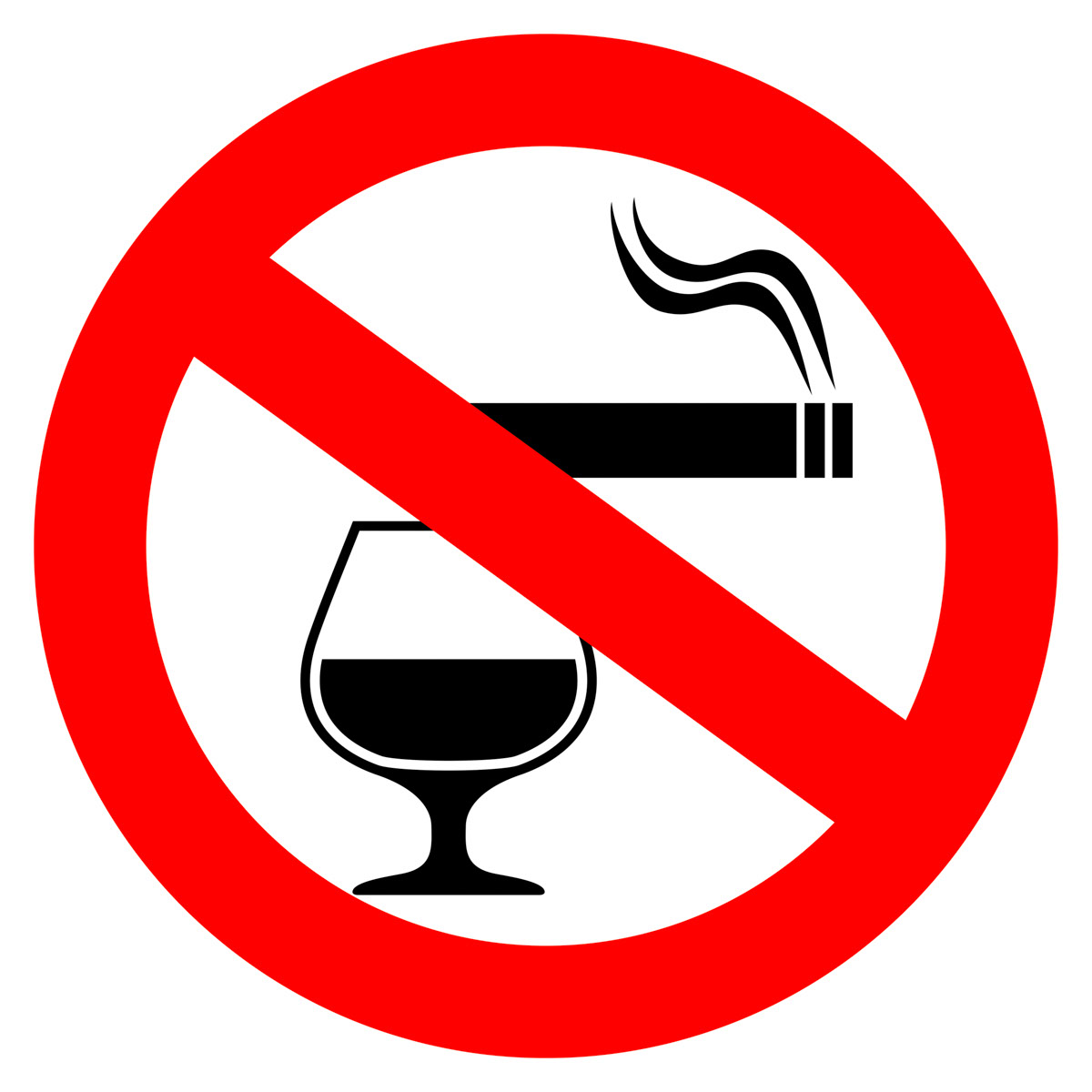
Expelling evil and attacking poison(袪邪攻毒)
After completing the treatment, the patient may still worry about the chance of recurrence. The Chinese medicine doctor will continue to diagnose and treat the patient.
The principle is to strengthen tumor treatment based on the assessment of the patient's condition (including the imaging of the tumor lesion). The practitioner may choose to use different methods such as blood stasis (化瘀抗癌), or detoxification (解毒抗癌), or dispersing(散結抗癌). Through the treatment of Chinese medicine as a whole as well as locally, it is hoped that the patient can coexist peacefully with the tumor and obtain a satisfactory quality of life. Through the three adjustments and Chinese medicine anti-tumor treatment, we aim to a certain extent control residual cancer cells, thereby hoping to reduce the chance of recurrence and metastasis and improve long-term survival.
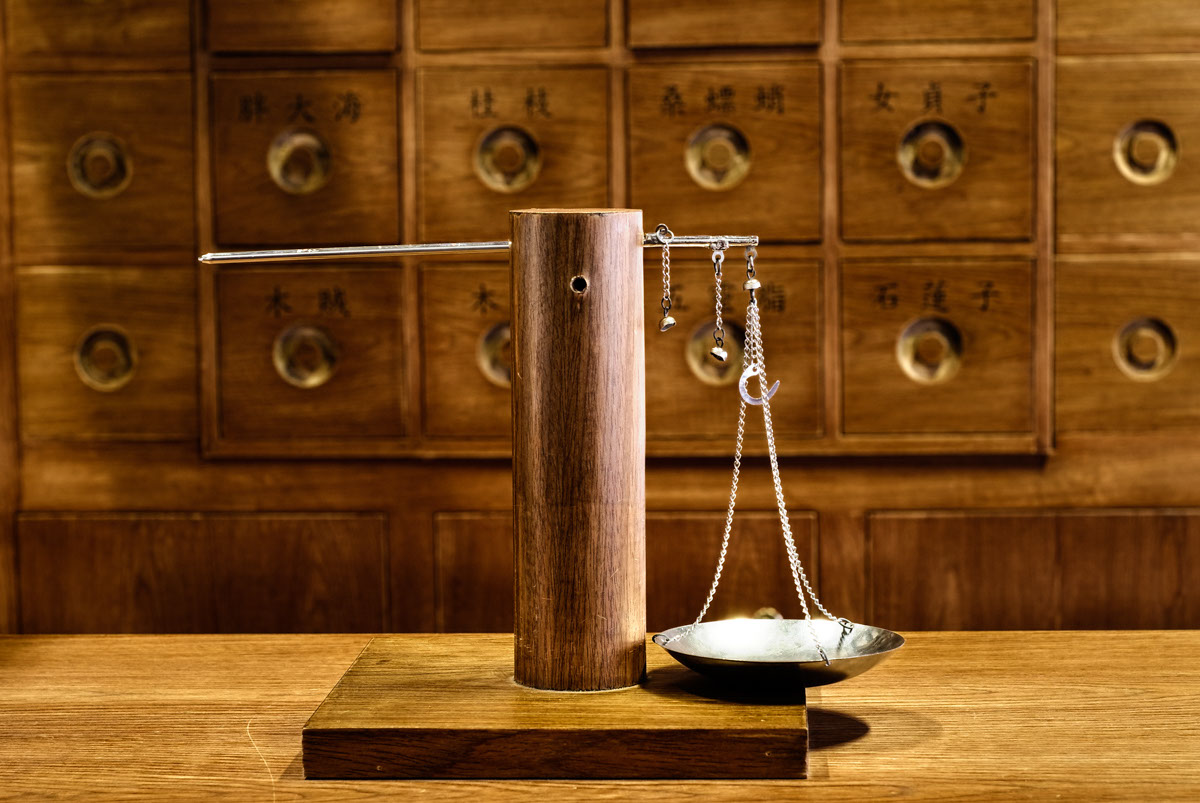
Part Five: "Pure" Chinese medicine treatment for patients who are too old or weak to withstand or do not want to undergo Western medicine treatment.
Elderly people or patients with poor physical condition, in addition to cancer, have various chronic wasting diseases in their bodies, or have multiple organ functions declining or even failing, can no longer withstand aggressive anti-tumor treatments such as surgery, radiotherapy, and chemotherapy. These patients can be treated by traditional Chinese medicine.
Traditional Chinese medicine treatment strategy: The treatment of these patients is different from the treatment of patients with good physical condition or younger patients, and it is also different from the treatment of general internal medicine chronic wasting diseases. It is necessary to differentiate the symptoms and treat the disease, strengthen the body and nourish the origin to "treat the person and the root"(治人治本), and at the same time differentiate the disease and treat the disease, soften and detoxify to "treat the cancer and the disease"(治癌治病).
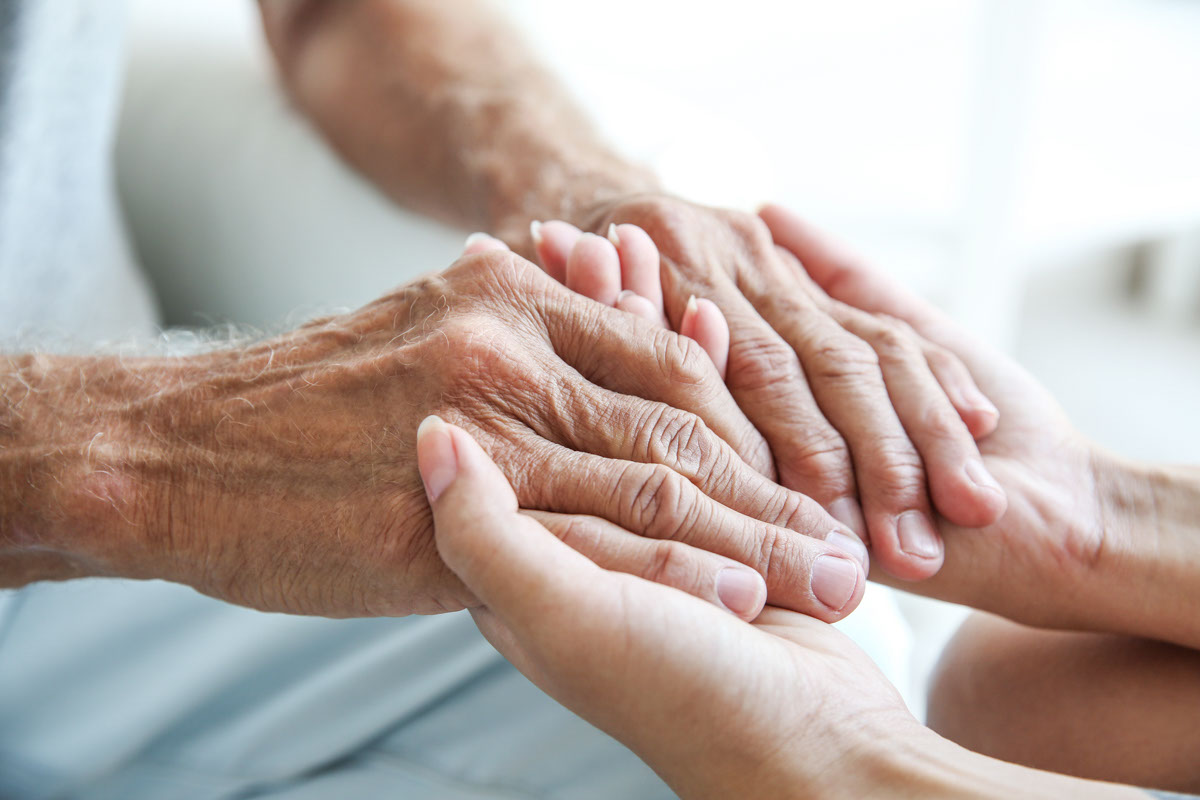
Part Six: The Nature and Handling/Usage of Traditional Chinese Medicine
(I) Chinese medicine also has toxicity
Chinese medicine mostly comes from natural plants, animals, and minerals. The general public believes that Chinese medicine has low toxicity, but this is not the case.
Some patients have purchased anti-tumor remedies, tested prescriptions or Chinese patent medicines for long-term use without consulting a Chinese medicine practitioner. From time to time, there are cases of toxic side effects or even severe toxic side effects from self-administered Chinese medicine or Chinese patent medicine.
Long-term use of the same Chinese medicine can also easily produce drug resistance, and the efficacy will decrease.
(II) The characteristics of Chinese medicine itself
Chinese medicine has its own characteristics:
- Four properties, five flavors(四性、五味);
- Some act to rise; some to sink(有的作用升浮;有的沉降);
- Some act to disperse; some to astringe and solidify(有的發表宣散;有的收斂固澀); and
- Some act mildly; some act violently(有的作用溫和;有的作用峻烈).
(III) Treatment principles
These characteristics are the "bias"(偏性) of Chinese medicine, and diseases belong to the "deviation" state of the body's "yin and yang, organs, meridians, qi and blood"(「陰陽臟腑經絡氣血」的「偏差」狀態). In treating diseases, traditional Chinese medicine seeks the root of the disease, which is actually to correct the "deviation" of the disease(疾病的「偏差」) with the "bias" of Chinese medicine(中藥的「偏性」).
The use of Chinese medicine must comply with the following principles:
--Prescribe medicine according to symptoms(辨證用藥)
If the diagnosis is wrong, the medicine will not be effective, and it will promote the body's yin and yang to be too strong or too weak, leading to a worsening of the disease;
--Reasonable prescription(合理配方)
According to the principles of monarch, minister, assistant, and guide, it is beneficial to fully exert the synergistic effect between drugs and enhance the efficacy, and to reduce the side effects of some drugs through mutual restraint;
--Consider the dosage(斟酌劑量)
Determine the dosage according to the condition and the patient's physical strength and weakness, and do not use the same type of Chinese medicine in excess for a long time to avoid producing or aggravating toxic side effects;
--Dietary taboos(飲食禁忌)
Foods have their own properties, and so do medicines. When the two conflict, it can be harmful to the patient. For example, when taking warming and yang-nourishing Chinese medicine, one should avoid eating cold and cool foods; when taking Chinese medicine to regulate the spleen and stomach, one should avoid greasy and heavy flavors; when taking Chinese medicine to reduce swelling and regulate qi, one should avoid beans; when taking Chinese medicine to relieve asthma and cough, one should avoid certain types of seafood, etc.
——Standard decoction(規範煎煮)
Some Chinese medicines have special decoction methods: some need to be decocted first to facilitate the release of effective ingredients, such as red ginseng needs to be decocted first, or to reduce the toxicity of the medicine, such as cooked aconite needs to be decocted first to reduce toxicity; some need to be added later, such as some aromatic or volatile medicines; some need to be decocted in a bag. These special decoction methods ensure the efficacy and safety of Chinese medicine.
In clinical practice, Chinese medicine practitioners needs to grasp the application characteristics of each aspect and use the knowledge to increase the efficacy and reduce the chance of adverse reactions.
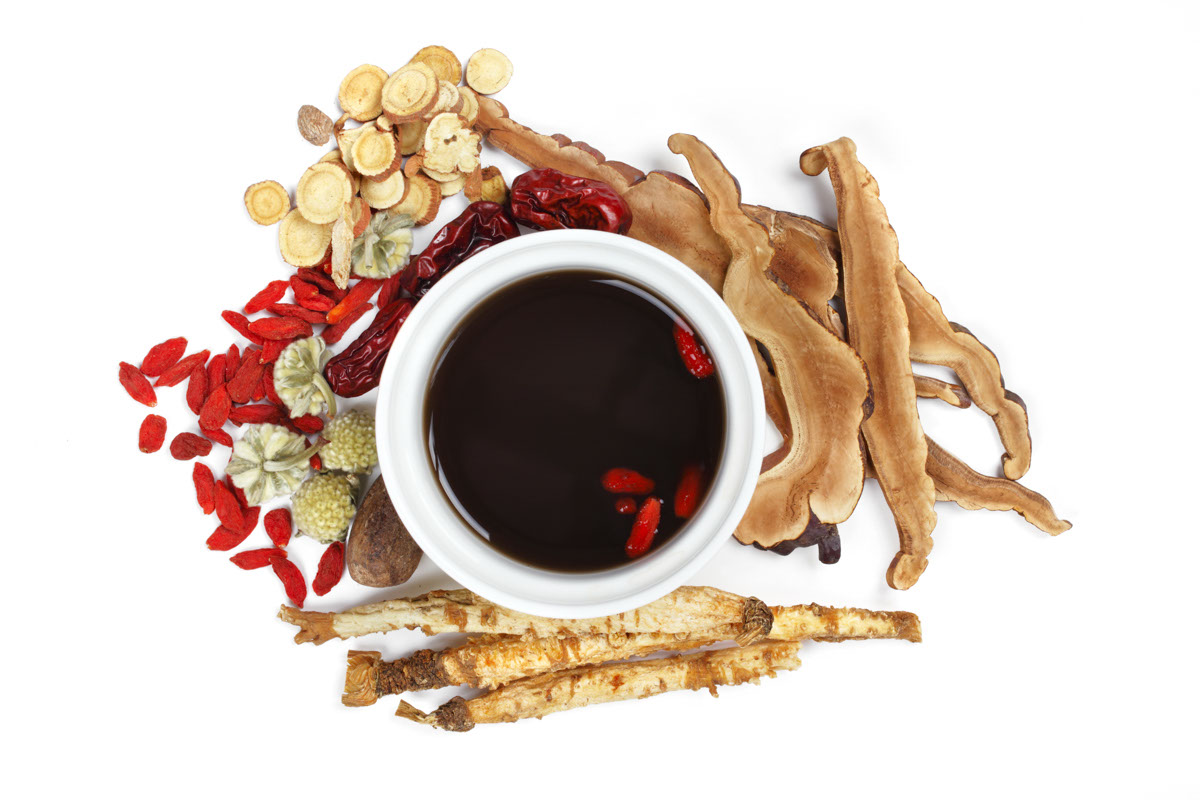
Part Seven: How the Combination of Traditional Chinese Medicine and Western Medicine Brings the Greatest Benefits
(I) Advantages and Disadvantages of Traditional Chinese Medicine and Western Medicine Treatment
In fact, in the anti-cancer battle in Hong Kong, traditional Chinese medicine and Western medicine each play different roles and have different advantages and disadvantages.
| Traditional Chinese Medicine Treatment | Western Medicine Treatment |
| Advantages | Advantages |
|
-Overall conditioning, strengthening the body -Can enhance the immune system of cancer patients -Improve quality of life |
-Surgery, radiotherapy, and chemotherapy play an important role in anti-cancer -Most early-stage cancers are cured after Western medicine treatment; tumors of mid-stage and some late-stage cancers are effectively controlled; the pain of late-stage cancer patients is alleviated after various palliative treatments by Western medicine, thereby improving the quality of life -Quick and effective |
| Disadvantages | Disadvantages |
| -The anti-tumor effect is mild, has a stabilizing effect on the tumor, but the effect of shrinking the tumor is not significant | -Has certain side effects; often brings damage to the body's immune function and disease resistance, affecting the quality of life |
(II) Principles
Clinical observations show that the combination of traditional Chinese medicine and Western medicine, complementing each other's strengths, can fully exert the strengths of both, and achieve better therapeutic effects than pure traditional Chinese medicine or pure Western medicine treatment in terms of improving efficacy, prolonging patient survival, and maintaining and improving the quality of life of cancer patients.
If surgery is possible, it should be performed as soon as possible to remove the lesion. Western medicine already has a very complete standard in many aspects.
Then slowly use Chinese medicine for enhancing the body.
Patients should also inform their Western medicine doctor about the details of their traditional Chinese medicine treatment. If necessary, the Western medicine doctor will take appropriate actions to ensure there is no conflict between the two, such as conducting liver enzyme tests, etc.
(September 2021)
